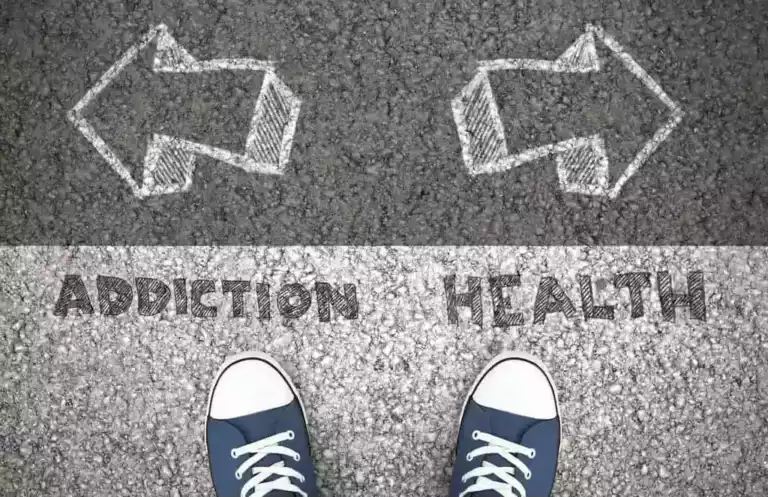
A 12-step support group can often help people recover from a codependent relationship. Other support groups are available for family members who need help navigating the challenges that occur from alcohol addiction. Self-care can get thrown out the window in relationships with alcohol addiction. That’s why it’s important to help yourself first to provide the best possible support for your loved one. While you might think it selfish to distance yourself from a friend or family member, it’s essential to look out for your own well-being before you can help someone else.
- Because unreliability reduces power (see Aiken & West, 1991), these measurement problems likely contributed to an inability to detect important effects.
- Alcoholic participants, on the other hand, might have different alcohol expectancies.
- It also requires kindness, compassion, and a willingness to reach out for help if you uncover any underlying issues.
Recognizing and Repairing the Damage of Alcoholism and Relationships
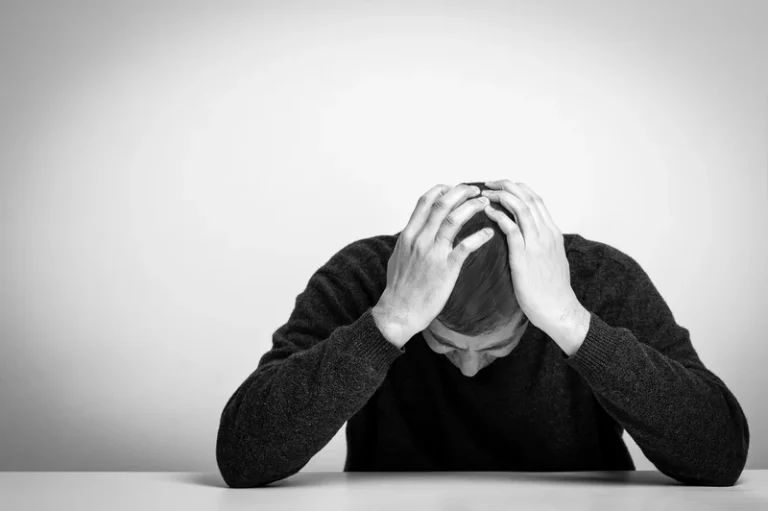
They did find that in the no-drink condition, episodic and steady alcoholic couples had similar levels of problem solving, whereas in the drink condition, steady alcoholics engaged in more problem solving than did episodic alcoholics. Moreover, wives of episodic alcoholics in the drink condition showed lower levels of negativity than in the no-drink condition (Jacob & Leonard, 1988). However, they exhibited higher levels of negative reciprocity in the drink than in the no-drink condition (Leonard & Jacob, 1997). Furthermore, Murphy and O’Farrell (1997) found that husbands and wives in aggressive alcoholic relationships were more likely to manifest negativity than were husbands and wives in nonaggressive alcoholic relationships. In addition, they also showed that aggressive couples were more likely to engage in negative reciprocity than nonaggressive couples were. Negative reciprocity is considered a precursor to negative escalation loops that lead to aggression (Leonard & Roberts, 1998a).
What Are the Warning Signs That Alcohol Misuse Is Interfering With Relationships?
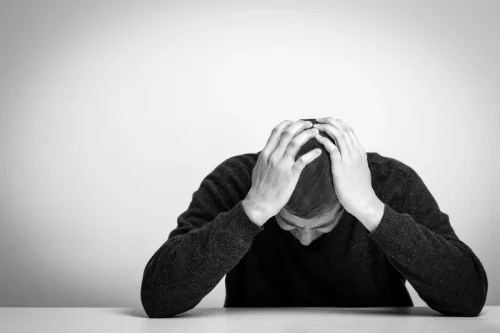
Alcohol codependency occurs when a person becomes reliant on alcohol and relationships someone and their alcohol misuse hinges on their partner’s behaviors. A partner of someone addicted to alcohol may believe they’re helping the other person by enabling the addiction to continue. In reality, they’re doing it for themselves while encouraging an unhealthy dynamic. Alcohol has also been shown to influence a number of hormones linked to satiety. The results of several studies propose that alcohol may influence energy intake by inhibiting the effects of leptin, or glucagon-like peptide-1 (GLP-1) 56, 57.
- Husbands in concordant drinking couples, on the other hand, either reported negligible differences between groups (McLeod, 1993) or reported higher levels of satisfaction than alcoholic men who were married to nonalcoholic women (Perodeau & Kohn, 1989).
- Family relationships can be diverse and include partners, children, grandparents, and extended family members like cousins.
- But this study was limited to couples in sub-Saharan Africa, and more research is needed.
Signs that alcohol may be negatively impacting your relationships
- This can lead to engaging in behaviors that they may not consider or pursue when sober.
- Thus, individuals do not appear to compensate for the added energy from alcohol in the short-term, and alcohol appears to have little effect on satiety 5.
Rather, some researchers in the field of domestic violence postulate that the violent partner’s assaults are part of a pattern of abuse that is independent of alcohol consumption. Some individuals may use alcohol consumption to excuse their actions, but the blame is usually misplaced. Gender differences in the effects of alcohol use on marital functioning are suspected due to gender differences in the etiology, psychiatric comorbidity, course, and consequences of alcohol use and alcoholism (see Halford et al., 1999; Wilsnack & Wilsnack, 1997). Although gender differences in alcoholism are receiving increased attention, little is known about differences in the context of the marital relationship (McCrady, 1990; Roberts & Leonard, 1997). Indeed, very few studies have evaluated the association between wives’ alcohol use and marital functioning, and even fewer have evaluated the association between concordant alcohol use and marital functioning. For this reason, the following review should be considered preliminary and interpreted with caution.
Alcohol use failed to predict male perception of partner negativity the following day. The role of interdependence in understanding negative relationship behaviors framed a large body of research in the 1970s and 1980s concerning the interactional predictors of relationship satisfaction and dissolution. People in relationships often share homes and short- and long-term goals, engage with one another daily, provide emotional, mental, and financial support, and care for one another.
Read more about how alcohol can affect us
Specifically, negativity decreased and positivity increased from baseline to experimental interaction only among intoxicated male and female participants only when their partner had been randomly assigned to the no-alcohol condition. Consistent with Haber and Jacob’s (1997) earlier work, Testa and colleagues’ (2014) results strongly suggest that any positive interpersonal benefits of discordant alcohol use among couples may be absent during episodes of concordant alcohol use. Overall, obesity is a multi-factorial condition and it is difficult to truly assess the independent influence of alcohol intake on obesity risk.
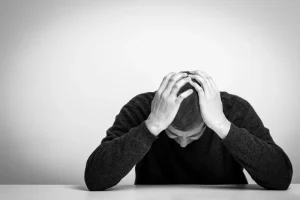
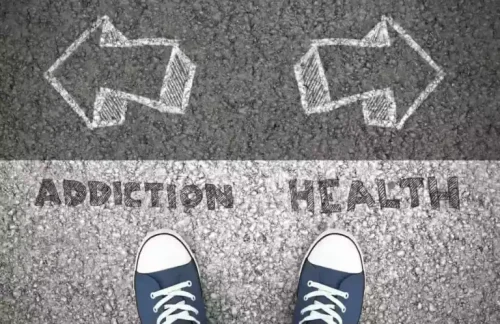
As the addiction progresses, they may devise more elaborate excuses to hide their drinking problems. A friend or partner may constantly hear reasons for being late, disappearing or mood swings. Observational studies on the effect of alcohol intake on obesity date back almost 30 years 6. It has been examined across small and large cohorts, in many countries, across various ethnicities and age groups 4. Within the large body of observational research, contradictory findings exist, which warrant further exploration 3•, 4.
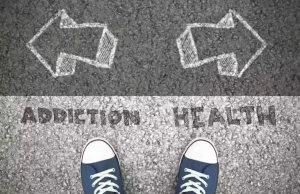
April Eldemire, LMFT, is a psychotherapist who specializes in marriage and couples issues, new-parenthood transitions and blended family dynamics. Your ability to enjoy alcohol is ultimately predicated on how well you can do so responsibly. And https://ecosoberhouse.com/article/what-reasons-for-you-to-stay-sober/ it’s up to you and your partner to decide if and how alcohol can maintain a place in your relationship.
Open and Honest Communication
They however noted that about half of the obese participants gained weight, with the largest weight gain being 1.8 kg 48. In a randomized crossover study, Cordain et al. 49 found that drinking two glasses of red wine (270 mL) with dinner daily for six weeks did not lead to changes in weight or body fat percentage in 14 men. They noted that self-reported nutrient intake and physical activity did not differ between conditions, although there may have been dietary compensation that was not accurately reported by their 3-day food logs 49. Similarly, Cordain et al. 50 found that 10 weeks of wine intake equal to 6-7% of total energy intake (135 mL, five times per week) did not result in any significant change in body weight or fat percentage in 20 sedentary, overweight women. Also, Beulens et al. 51 reported similar results in 34 male adults with large WC, consuming 450 mL of red wine per day for 4 weeks, compared to consuming alcohol-free wine for the same time period.
